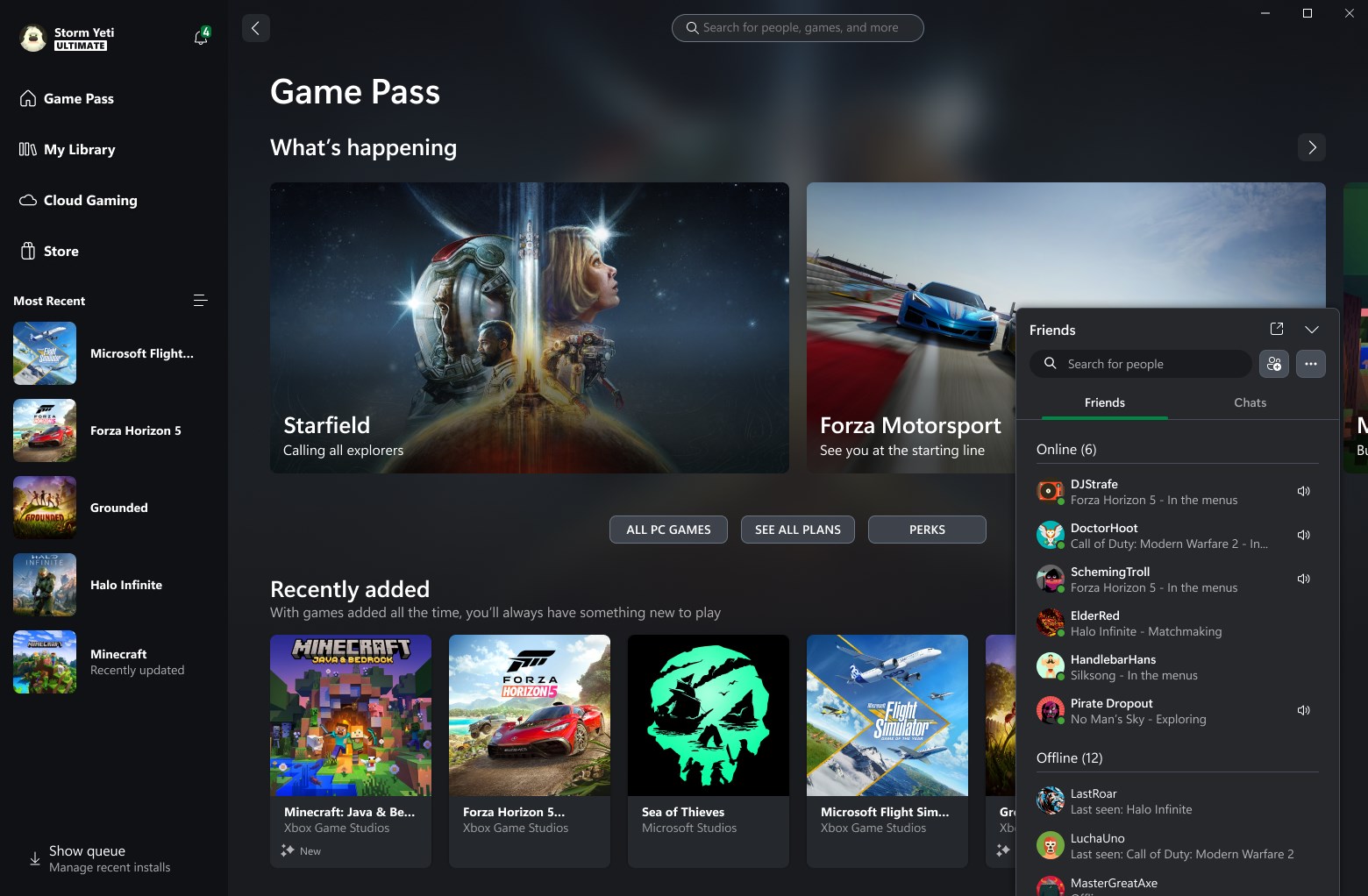Even though all the major phone releases for the year have already taken place and significant software rollouts are still a month away, the Android ecosystem is far from quiet this week. From strategic retreats in the European Union (EU) by Google to breakthroughs in US telecom infrastructure, there’s plenty of action for tech enthusiasts and Android users to digest. As always, there’s much to cover in terms of advancements in hardware, software, and connectivity. From Google’s legal battles in Europe to the latest in mobile tech innovations, this week has shown us that the Android world is alive and buzzing. Let’s dive into this week’s Android news roundup.
Here's ads banner inside a post

Google Makes Strategic Retreats in the EU: Digital Markets Act Looms
First, let’s address Google’s ongoing struggles with the EU’s Digital Markets Act (DMA). The tech giant has had to make some important changes to how its services operate within EU borders. The DMA, designed to curb anti-competitive practices from tech monopolies, has forced Google into making concessions on its services, particularly around Google Search. In an effort to avoid further regulatory scrutiny and hefty fines, Google is introducing more than 20 modifications to how Search results appear across EU countries.

Here's ads banner inside a post
One of the most significant changes is that Google has begun testing a more minimalist version of its search results in several countries, including Germany, Belgium, and Estonia. The new changes will eliminate some of the more advanced features that users in these regions may have grown accustomed to. For example, Google is scaling back on curated hotel results and clickable maps, which typically favor larger platforms and direct suppliers. In this test, search results will only display links to individual hotel websites, comparison sites, and vacation rentals — no sponsored listings or prominent hotel carousel results. This could have an unintended consequence of making search results less useful for consumers while giving smaller competitors an advantage. It’s a delicate balancing act for Google, which continues to dominate in many regions while dealing with stricter regulations in others.
Pixel Phones: Bright Spot for Google in the US
Despite these setbacks in Europe, there is some good news for Google on the home front. The company’s Pixel devices have been seeing a resurgence, particularly in the United States. According to reports, Google’s latest Pixel 9 series has been a game-changer, pushing the company’s market share in the US up to 14.6% as of November 2024.
![]()
Here's ads banner inside a post
While Google still lags behind Apple and Samsung in terms of overall market share, its consistent performance in the smartphone market shows that there’s demand for its high-quality, stock Android experience. What sets Google’s Pixel apart is that it is the first to receive updates to Google’s Android operating systems. The stable release of Android 16, which is slated to arrive in Q2 2025, will likely further solidify the Pixel’s position as the go-to device for those who want a clean, Google-optimized experience.

The success of the Pixel 9 series is a testament to Google’s growing presence in the smartphone market. With solid camera capabilities, excellent software support, and a user experience that’s second to none, the Pixel is well on its way to becoming a major player alongside iPhones and Galaxy devices.
Nubia Z70 Ultra: Snapdragon 8 Elite Hits the US
In a twist no one expected, the first smartphone to feature Qualcomm’s Snapdragon 8 Elite chipset has arrived in the US—but it’s not from Samsung or a major player. Instead, it’s from the Chinese tech brand Nubia. The Z70 Ultra, which will launch at $730 on December 5, 2024, is the first device to bring the latest Snapdragon 8 Elite to US shores, and it’s causing quite a stir.

While the device’s arrival may not be from a household name like Samsung, the Z70 Ultra still packs a punch. With powerful performance, cutting-edge photography, and a sleek, modern design, it’s a device to keep an eye on. However, potential buyers should wait for early user reviews and feedback to determine whether it works seamlessly with US carriers like Verizon and T-Mobile.
Verizon Breaks Internet Speed Records: A Glimpse into the Future
Turning to the realm of telecommunications, Verizon made headlines this week by breaking internet speed records with its fiber network in Boston. The telecom giant successfully transferred 1.6 terabits per second (Tbps) of data over a single-carrier wavelength. To put this into perspective, such speeds would allow users to download a typical 2-hour HD movie (roughly 6 GB) over 266 times per second.

While this is an impressive feat, it’s important to note that the trial used specialized equipment and network configurations not yet available to consumers. Nevertheless, this breakthrough gives us a glimpse into the future of internet speeds, one where high-bandwidth connections become more widely available. The key takeaway here is that Verizon is pushing the limits of fiber technology, which will ultimately contribute to faster and more reliable internet for everyone.
T-Mobile and SpaceX: A New Era of Satellite Connectivity
On the connectivity front, T-Mobile and SpaceX made a significant move this week by receiving full FCC approval for their direct-to-cell satellite service, which could revolutionize cellular connectivity, especially in rural and remote areas. After receiving a temporary clearance earlier in the year, the partnership has now received final approval, meaning that SpaceX’s Starlink satellites will soon be able to provide cellular service to areas that have long struggled with weak or no coverage.

This partnership could have a profound impact on connectivity in places where traditional cellular infrastructure is impractical or too expensive to build. As Starlink’s satellite network expands, the promise of eliminating dead zones becomes more feasible. It’s a game-changing development for anyone who’s ever experienced a dropped call or slow data speeds while out in the countryside.
VPN by Google Finally Arrives on Pixel Tablets
Google’s commitment to privacy continues to grow, as this week saw the arrival of the company’s built-in VPN service, VPN by Google, on the Pixel Tablet. Originally introduced with the Pixel 7 in December 2022, the VPN service had been missing from the Pixel Tablet since its launch. But now, after a lengthy wait, Pixel Tablet users can finally enjoy the added layer of security and privacy that VPN by Google offers.
![]()
The VPN service encrypts internet traffic, helping users maintain their privacy while browsing or accessing public Wi-Fi networks. While it’s a welcome addition for Pixel Tablet owners, it does raise questions about the future of the Pixel Tablet series, especially considering recent reports that Google has canceled plans for the Pixel Tablet 2.
Spotify’s Changing Tune: A Blow to Third-Party Apps
Shifting gears to the world of apps, Spotify announced a major change to its API terms that has sent shockwaves through the developer community. The music streaming giant will no longer allow third-party apps to access critical features such as related artists, recommendations, and audio analysis.

This move has sparked a backlash from developers who relied on Spotify’s data to power their own apps. One developer expressed frustration, revealing that they were in the middle of developing an app that leveraged Spotify’s API for playlist creation. With this new policy, many third-party apps will be forced to pivot or shut down entirely, leaving users with fewer choices and less flexibility when it comes to their music apps.
Microsoft’s Xbox Game Store Delayed
Finally, in the world of gaming, Microsoft’s long-awaited Xbox Game Store for Android has hit a snag. Initially set to launch in November 2024, the project has been delayed due to regulatory hurdles. The game store, which would allow users to buy and play Xbox games directly on Android devices, has been held up by a court decision that has temporarily blocked its rollout.
While the Game Store is ready to go, Microsoft is waiting for a final ruling on its appeal before it can proceed with launching the service. This delay means that gamers hoping to access their favorite Xbox titles directly from their Android devices will have to wait a little longer. It’s a disappointing setback, but Microsoft remains determined to move forward with the project.
A Week of Surprises and Shifts
This week in Android news has been anything but dull. From Google’s ongoing battles with the EU to Verizon’s internet speed records, the smartphone landscape is shifting in exciting ways. Whether it’s new devices like the Nubia Z70 Ultra or major advancements in satellite connectivity from T-Mobile and SpaceX, there’s no shortage of innovation and disruption in the Android world.
As we head into 2025, these developments will no doubt shape the future of mobile technology and connectivity. For Android users and tech enthusiasts alike, the landscape is evolving, and it’s an exciting time to be a part of it.


